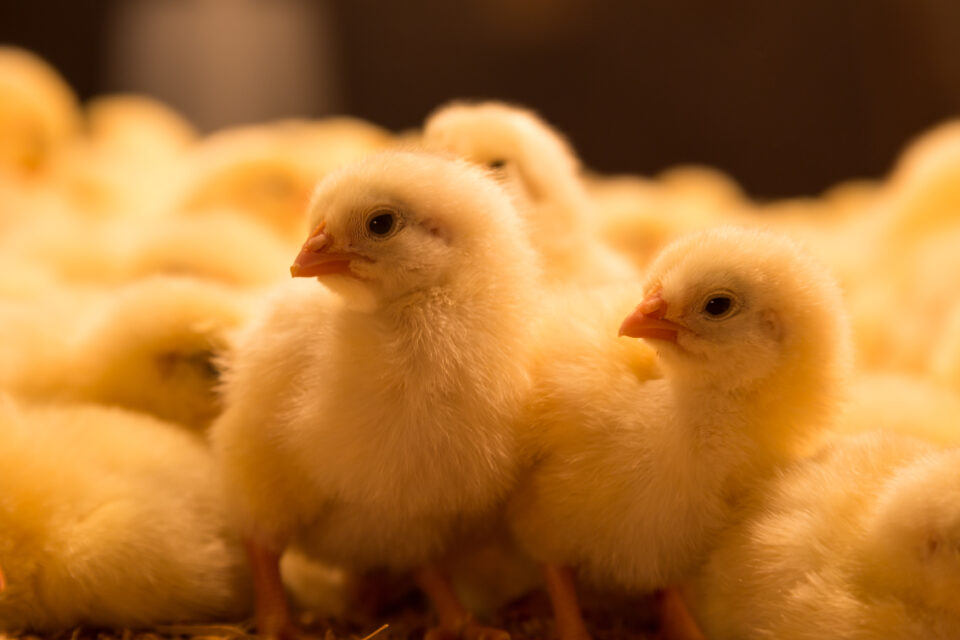The government has taken a step in safeguarding the poultry industry by introducing a vaccination program for chicks at hatcheries. This proactive measure aims to prevent the spread of deadly diseases that have been negatively impacting poultry production.
Early-stage vaccinations will play a vital role in effectively managing and controlling diseases, thereby reducing mortality rates. The targeted diseases include avian influenza, infectious bronchitis (an acute and highly contagious respiratory tract disease in chickens), Newcastle disease, Infectious Bursal Disease (IBD), and Marek’s disease, which are prevalent in young domestic chickens worldwide.
Solange Uwituze, the Deputy Director General of the Rwanda Agriculture and Animal Resources Development Board, explained that these diseases can rapidly spread and cause mortality rates of up to 100 percent within the first few days.
She emphasized the importance of hatchery vaccinations, adding that they are intended to increase poultry meat production from 40,184 tonnes to 46,464 tonnes by 2024.
To achieve this goal, Rwanda has implemented various interventions to bolster poultry production, including a partnership for a resilient and inclusive small livestock markets program.
This program supports the production of small stock, including poultry, and covers aspects of the poultry value chain, from primary production to the handling of poultry meat.
Poultry farmer Clarisse Manishimwe from Musanze district expressed the need for hatchery vaccinations, as poultry farmers have been incurring substantial losses due to diseases. She explained that farmers were burdened with high treatment costs when the chicks were not vaccinated at the hatchery level.
Vaccinating the chicks at the hatchery will ensure healthier chicks are supplied to poultry farmers, benefiting both the farmers and the industry.
Remy Twagirimana, the coordinator of the $4 million “Prevent Project” funded by Ceva Santé Animale, a French enterprise, revealed that Rwanda is one of nine countries to benefit from the vaccination initiative. The other countries include Ivory Coast, Uganda, Mozambique, Nigeria, Ghana, Ethiopia, Tanzania, and Zimbabwe.
Under the initiative, farmers will only need to vaccinate poultry once at the hatchery, as opposed to the previous requirement of four vaccinations.
Twagirimana explained that early vaccination provides immediate benefits to the chicks and the entire flock. Additionally, the project aims to enhance hatchery standards and install vaccinating machines to further improve the efficacy of the program.
The vaccination program will initially be implemented in five hatcheries across Rwanda, representing a significant step forward in protecting the nation’s poultry industry and ensuring sustainable growth.



